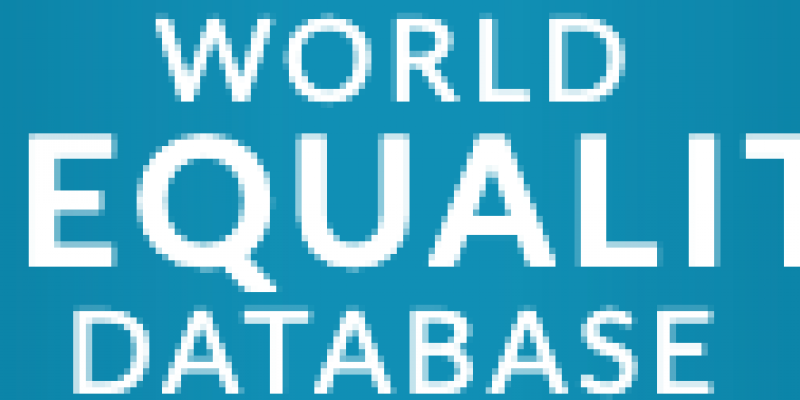A new financial policy for democracy, dignity, and widespread prosperity. Dezernat Zukunft is a non-partisan policy institute that aims to explain and re-think monetary, fiscal, and economic policy in an accessible and coherent way.
Our articles and proposals are aimed at political decision-makers...
The report is based on data collected from more than 100 WID.world Fellows across five continents, compiled, unified and fed into the World Wealth and Income Database (see www.wid.world/team for more information).
Intergenerational wealth transmission and homeownership in Europe–a comparative perspective
Abstract
The literature on social and wealth inequality has long acknowledged the importance of intergenerational wealth transmission (IWT) to inequality in homeownership tenure. However, it has paid insu...
The PhD program „Political Economy of Inequality” investigates extent, causes, and consequences of rising socio-economic inequality. While economic aspects of inequality are a key focus of the research, they are always contextualized with non-economic dimensions of inequality. Political, social, and...
On the occasion of the Einstein Year 2005, Dr. Daniel Dahm, Dr. Hans-Peter Dürr and Rudolf zur Lippe wrote the Potsdam Manifesto and the Potsdam Memorandum. It bridges quantum physics, ecology and philosophy and shows that diversity, difference and change are evolutionary principles of our living wo...
WID.world combines different data sources: national accounts, survey data, fiscal data, and wealth rankings. By doing so, it becomes possible to track more precisely the evolution of all income or wealth levels, from the bottom to the top. The key novelty of WID.world is to use such data in a system...



